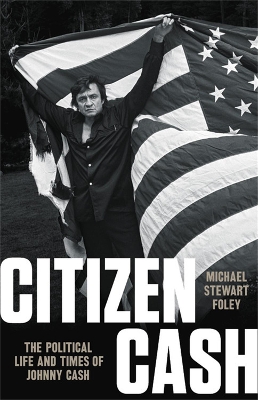Reviewed by Jeff Sexton on
This book changes that.
This book, with its chapters focusing on specific elements of Cash's political beliefs and how they developed, is less biography and more analysis of how the given message came to be espoused by this particular man and why. It shows that at his heart, Johnny Cash was a man who empathized with the low and down trodden. How his own childhood on a Depression era sharecropper farm came to shape much of how he saw the world, and how even his service in the US Air Force in Germany during the Korean War era would come to shape his views of the Vietnam War a decade later. The text does not shy away from Cash's well known (and well documented) struggles with drugs and alcohol, even showing where Cash himself was hypocritical on the issues at times - ordering his wife never to touch alcohol, even in some letters where it is quite clear he himself is drunk while writing them. At the same time, it doesn't spend much time on these particular facets or even his wives, the controversy surrounding how he eventually got together with June Carter, his various kids, or any other aspect an actual biography would. Instead, this text uses biography more as background and scaffolding to show how Cash came to the political positions he did and how he came to espouse them.
Truly an interesting take on a genuine legend, and very much recommended.
Reading updates
- Started reading
- 26 October, 2021: Finished reading
- 26 October, 2021: Reviewed
